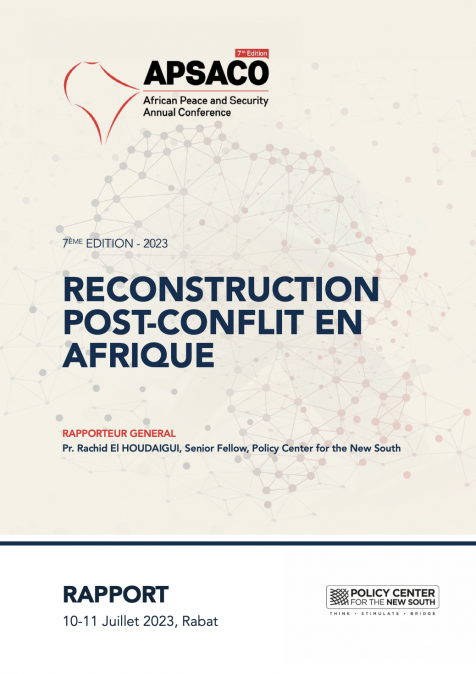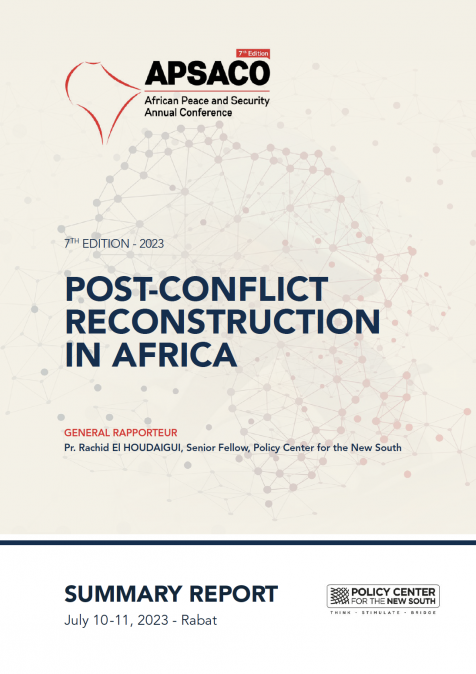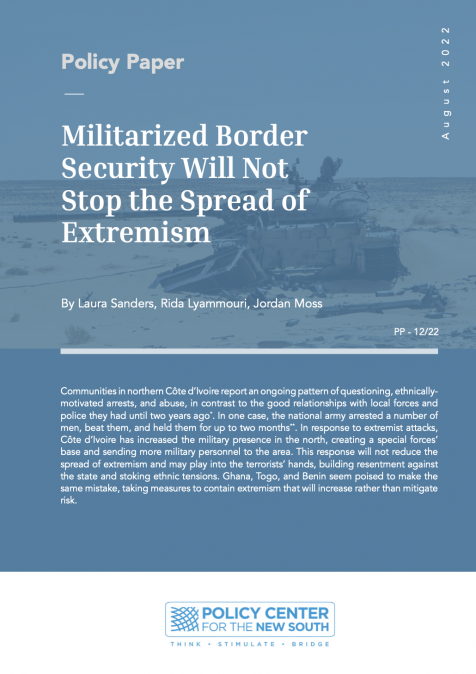Publications /
Opinion
Peace was near, most of the 5000 Taliban fighters were released—one condition for serious peace negotiations—and a city was selected for the negotiations between the Taliban and the Afghan government: Doha, Qatar. But an invisible enemy committed sabotage. COVID-19 brought down members of both sides. Worse: the Taliban’s supreme leader, Mullah Hibatullah Akhundzada was rumored to be on the threshold of death. NATO’s new senior civilian representative in Afghanistan, Stefano Pontecorvo, confirmed to Radio Free Afghanistan that COVID-19 was “impacting on all levels. It’s impacting on the levels of forces on both sides. It’s impacting the leadership” The new date of the Intra-Afghan talks will be announced as soon as the quarantined members of the negotiation teams reach Doha and test negative.
A look back at history. September, 11, 2001: the destruction of the twin towers of Manhattan, 19 hijackers, four passenger planes, 2977 victims. Physical damage and psychological trauma. A shocked America sent cruise missiles to Afghanistan and occupied the impoverished nation in Central Asia. The mainly Saudi Arabian hijackers who directed the planes into the twin towers were aligned to an Islamist terrorist organization known as al-Qaeda, led by Osama bin Laden, an estranged member of a wealthy Saudi family who was hiding in Afghanistan, protected by its fundamentalist rulers, the Taliban. Washington’s cruise missiles and war planes struck the country on October 7, 2001. American combat boots hit the ground on October 19. The war turned into a two trillion dollar nightmare.
Longest War in American History
More than 157,000 people have died in the battles of Afghanistan since 2001 (according to researchers for the Costs of War Project at Brown University). More than 43,000 civilians have died and by 2018 there were almost 2.5 million Afghan refugees worldwide, according to the United Nations refugee agency. American combat deaths have totaled 2,400 and another 20,000 U.S. soldiers have been wounded. More than 1,100 NATO troops have died, and about 45,000 Afghan troops and police officers were killed in just the last five years. Tens of thousands of Taliban fighters were sacrificed in these battles. In a secret operation by U.S. Special Forces, Osama bin Laden was surprised and shot in his hideout. But, according to the Council on Foreign Relations in March 2020, “the Taliban is stronger now than at any point in the last 18 years”. This is the longest war in the history of the United States, yet the battles last year were harsh and brutal. According to the New York Times article, In just the last quarter of 2019, the Taliban carried out 8,204 attacks, the highest over the last decade. The U.S. dropped 7,423 bombs and missiles during 2019, a record since the Air Force began recording data in 2006. But unknown to the public, despite the combat on the ground and from the air, drone attacks and suicide bombers, the enemies have been searching for a solution to end the war. U.S. allies had already ended their combat missions in 2014, restricting their activities to training of the local armed forces and the police. U.S. troops are still engaging the enemy, but mainly from the air, unable to uproot the mujahidin, which uses its knowledge of valleys and mountains, its tradition and tribes, the unspoken loyalty. As in South Vietnam in 1975, Afghanistan 2020 is facing a sober truth—the withdrawal of U.S. troops. During his Thanksgiving 2019 visit to American troops in Afghanistan, the U.S. President declared that he had reopened peace talks with the Taliban.
‘One Failed Strategy After Another’
Joseph Votel, former commander of U.S. Central Command, responsible for military operations in an area that spreads from Egypt to Pakistan and Yemen to Kazakhstan, including Afghanistan, applauded the decision of the President in an op-ed in the New York Times (December 13, 2019) as “A rare chance to end our longest war”. Votel, now retired and a senior fellow on national security at the Middle East Institute, recalled the “missed opportunities of ending the conflict on our terms”. In 2002 and 2017, “Al Qaeda was dispersed and the Taliban were shattered. A persistent political and diplomatic effort supported by steady military support could have put us on a different path. Instead, the intervening years brought one failed strategy after another, each for identifiable reasons: diverted attention, lack of military resources, loss of political will, arbitrary timelines, a resurgent and externally supported Taliban, fatigue in both the United States and Afghanistan, and severe internal problems within the Afghan government”. Despite the uneven progress on the ground, the special envoy Zalmay Khalilzad, the American chief negotiator, continued to press for peace.
After an American soldier was killed by terrorists in Afghanistan, Donald Trump cancelled a visit by a Taliban delegation to Camp David, the summer retreat of the president, and, officially, halted contacts with the Taliban. Mr Khalilzad though continued his shuttle diplomacy, in December joining the negotiations in Doha, Qatar, where the Taliban keep an office. After nine negotiation sessions in more than a year, the two sides reached an agreement, from which the official government in Kabul was excluded, although the United States promised it would release 5000 Taliban fighters (in exchange for 1000 government soldiers and officials) without prior consultation with their allies. Washington avoided recognizing the Taliban officially by asking chief negotiator Khalilzal to sign the agreement with the Taliban leader Baradar. Mike Pompeo, U.S. Secretary of State, was just a witness to the signature ceremony, not in a local palace, but a Doha hotel. The honorable Mullah made his intention clear: “I hope with the withdrawal of all foreign troops from Afghanistan, the Afghan nation under an Islamic regime will take its relief and embark on a new prosperous life”.
The United States will withdraw 3400 of its 12,000 soldiers within 135 days, and if the Taliban follows through on its commitments, all U.S. troops and other foreign forces will leave within 14 months. The Taliban guaranteed that their country would not be used by any of its members, either individuals, or terrorist groups, to threaten the security of the U.S. and its allies, promising to control Islamic State, or al Qaeda, which are both active on Afghan soil. The Taliban also guaranteed not to attack U.S. troops as they withdraw from their country. The Taliban are not to conduct suicide attacks against U.S. or allied troops, while the U.S. is to forgo drone strikes. The agreement contains nothing on women’s rights, elections or a new constitution, no renunciations of its desire for a government and justice system rooted in a severe interpretation of Islam. It is “a deeply flawed agreement”, according to Susan Rice, U.S. national security adviser from 2013 to 2017 and former ambassador to the United Nations. The agreement “has the potential to lead to peace but is very unlikely to achieve it”. In short: “The US gave a lot and got very little in return”. Given that intra-Afghan talks will take months (if they happen), if not years, to yield any progress, the United States is likely to withdraw before any deal is done, abandoning Afghanistan to the Taliban wolves.
The opinions expressed in this article belong to the author.








